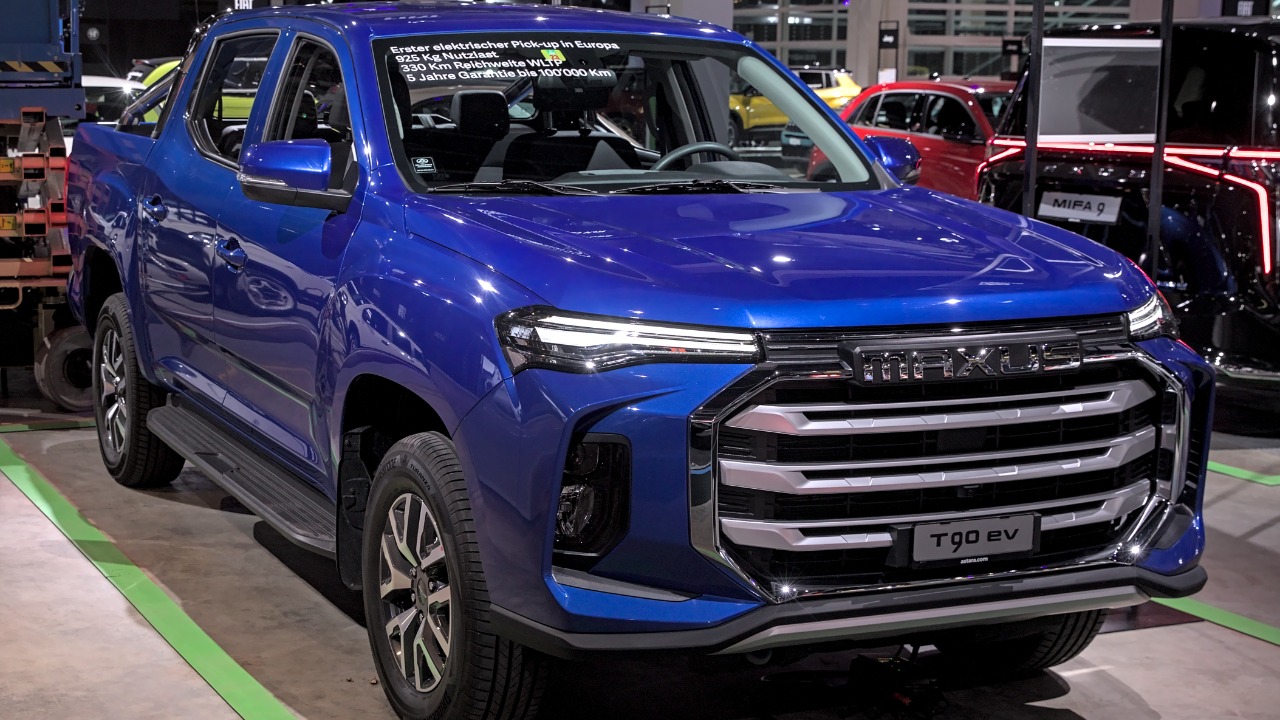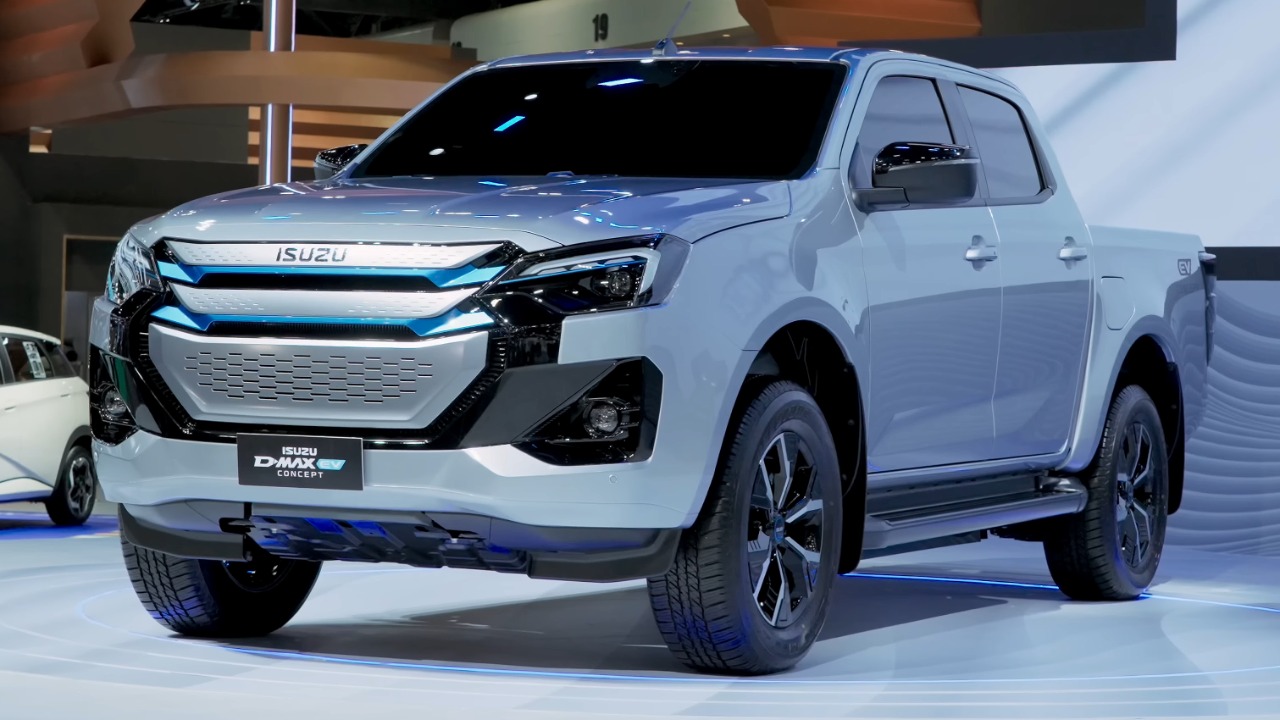
As the automotive industry shifts towards sustainability, electric trucks are becoming increasingly popular. However, many potential buyers are left wondering about the true cost of ownership beyond the initial purchase price. Delving into the various financial aspects of owning an electric truck, insights from industry experts and studies provide a clearer picture.
Initial Purchase and Incentives

Sticker Price Comparison
When considering the purchase of an electric truck, the sticker price is often a significant factor. Electric trucks generally have a higher upfront cost compared to traditional combustion engine trucks. This difference can vary greatly depending on the brand and model. For example, luxury brands tend to have higher prices, which can influence a buyer’s decision.
Government Incentives and Tax Credits
To offset these initial costs, various federal and state incentives are available for electric truck buyers. These incentives can significantly reduce the financial burden of purchasing an electric vehicle. The impact of these incentives varies by location and vehicle type, but they often include tax credits and rebates that make electric trucks more accessible.
Charging Infrastructure and Costs

Home Charging Setup
Installing a home charging station is a key consideration for electric truck owners. The costs associated with this setup can vary, depending on the complexity of the installation and the existing electrical infrastructure in a home. Despite the initial investment, home charging can offer substantial savings in electricity usage compared to traditional fuel expenses.
Public Charging Networks
For those who travel frequently or lack home charging capabilities, public charging networks are crucial. The availability and cost of using public charging stations can differ widely. Some networks offer subscription models, while others charge on a pay-as-you-go basis, allowing for flexibility in managing charging expenses.
Maintenance and Repair Expenses

Lower Routine Maintenance Needs
Electric trucks boast reduced maintenance requirements compared to their combustion engine counterparts. With fewer moving parts, owners can expect lower routine maintenance costs over time. This advantage translates into significant savings, making electric trucks an attractive option for those looking to minimize long-term expenses.
Repair Costs and Battery Replacement
While routine maintenance costs are lower, repair costs related to battery replacement and other specialized services can be a concern. As the battery degrades over time, replacement can be an expensive proposition. However, advances in technology are gradually reducing these costs, making electric trucks more cost-effective in the long run.
Depreciation and Resale Value

Depreciation Rates
Electric trucks tend to depreciate differently than traditional vehicles. Factors such as brand reputation, battery life, and market demand can significantly influence the depreciation rate of electric trucks. Understanding these factors is crucial for prospective buyers looking to make a sound investment.
Resale Market Trends
The resale market for electric trucks is evolving, with demand increasing as more consumers embrace sustainable transportation options. To maximize resale value, owners should stay informed about market trends and maintain their vehicles in excellent condition. This approach can help ensure a favorable return when it’s time to sell.
Environmental and Operational Savings

Fuel Savings
One of the most significant advantages of owning an electric truck is the potential for fuel savings. By reducing reliance on gasoline or diesel, electric truck owners can enjoy substantial reductions in fuel expenses. Regional electricity rates play a crucial role in determining the exact savings, but the overall trend is toward more economical operations.
Environmental Benefits and Long-term Savings
The environmental benefits of electric trucks extend beyond individual savings. By reducing carbon emissions and contributing to sustainability efforts, owners are making a positive impact on the environment. These advantages, combined with long-term financial savings, make electric trucks a compelling choice for the environmentally conscious consumer.